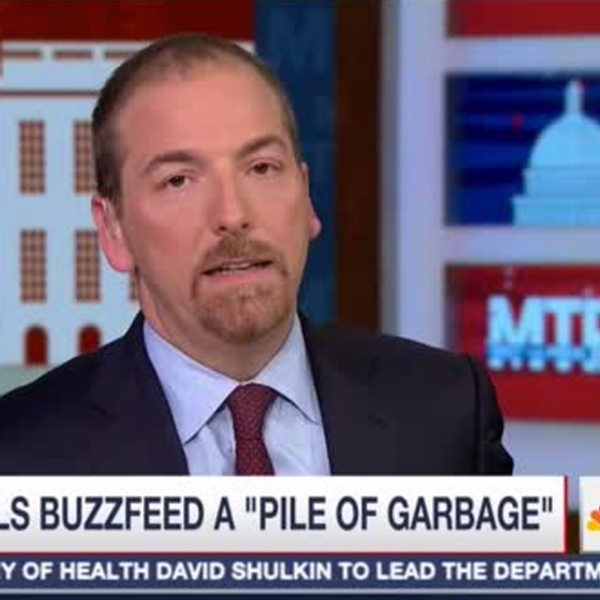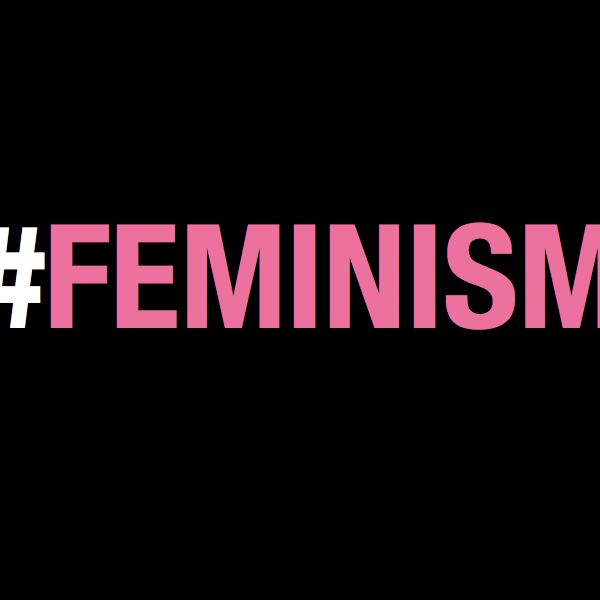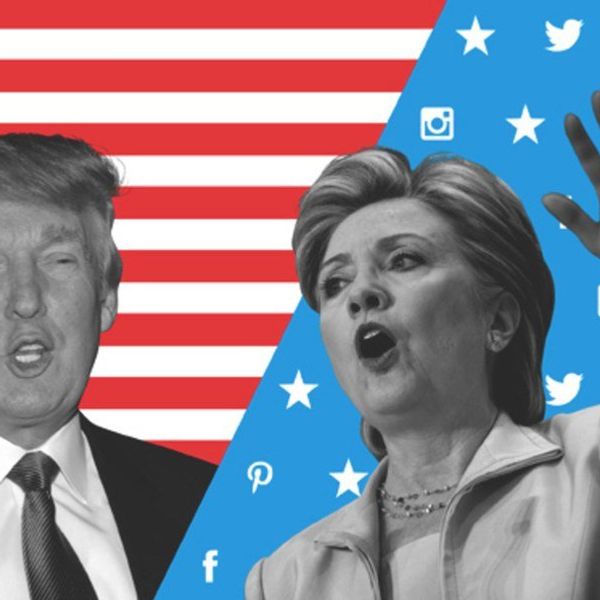At the present time, the Senate, the House of Representatives, and even the Presidency are not public offices.
“No legacy is so rich as honesty”- William Shakespeare
“Don’t lower your expectations to meet your performance, raise your level of performance to meet your expectations.”- Ralph Marston
As I was taking my early morning tea (which was extraordinarily early due to my jet lag) and enjoying the hours before the heat would make the calm and gentle quality of the air subside, I glanced ahead and noticed a newspaper laying on the seat in front of me. The upright page seemed to display a rather odd image; familiarly odd. I stood up and took a deep and admittedly self-conscious breath. From the view of an onlooker, the hesitation in my step would have been of concern, I’m sure. One foot in front of the other, I crept forward, reached for the paper, and directed my gaze. In an instant, my serene morning turned to what would have been a nightmare had I been fortunate enough to have been dreaming. Here I was, home yet far from home in New Delhi, and only then did the bizarre nature of it all really resonate with me fully. The headline and the photograph left no room for escape and no room for doubt, the entire world was watching the 2016 American race for President.
Now, admittedly, this is a more cynical rendition of my sentiments that morning, and I exaggerated for the purpose of levity. I wasn’t so much surprised that our election was such a foremost topic of discussion in the Delhi papers as I was granted an epiphany of perspective upon seeing it for myself. The outcomes of American Democracy have reverberations across all of humankind and the markings of future history textbooks that will vary to recognize the significance of their ties to those outcomes. I believe that in America, we forget this too often. Even though no outsider can confidently say they stand apart from the effects of American Democracy, it is helpful for Americans to explore the workings of American Democracy from the frame of mind of someone on the outside looking in, as best we can. What would that onlooker observing my behavior that morning think of the behavior of our politics--someone who doesn’t know a whole lot about our political system but has become intrigued in light of recent events?
For the sake of forthright honesty, I must divulge that I chose to support Bernard Sanders in the 2016 Democratic primary. I was a volunteer on the campaign and consider myself a part of the “political revolution” taking place in America. I will leave it up to the reader to decide whether I proceed with our exploration in an unfair or bias way. The obvious flaw in the premise is one that I see and plan to address in my personal comments in the conclusion of this three-part investigation that the view of an onlooker depends as much on the onlooker as it does on American democracy. For now, we shall define the coming analysis as what is a “likely” interpretation for an observer.
On the onset, before we get to the 2016 election, it would be prudent to explore the workings of our government that have led to this moment. This means (speaking of national politics for now) looking at the Presidency, Congress, and the Judiciary. How do the three branches of American government work in relation to one another? Our onlooker, in trying to determine just how Democratic these institutions of government are, wants to find out whether the passing, execution and legality of legislation aligns with the American public or some other force of political nature. Who has the real “pull” and who has their interests looked after foremost in the process of governance on the national scene? This is the most direct way to investigate how democratic the nation is in practicality. It is important to note that the United States was never meant to be a direct democracy: This test is just meant to find where we are on the scale.
“Multivariate analysis indicates that economic elites and organized groups representing business interests have substantial independent impacts on U.S. government policy, while average citizens and mass-based interest groups have little or no independent influence. The results provide substantial support for theories of Economic-Elite Domination and for theories of Biased Pluralism, but not for theories of Majoritarian Electoral Democracy or Majoritarian Pluralism.” - Testing Theories of American Politics: Elites, Interest Groups, and Average Citizens, Martin Gilens and Benjamin I. Page
This was the conclusion of the acclaimed Princeton University study that found small, wealthy, elitist groups have their interests represented in legislation regardless of public opinion. Essentially, it is an academic affirmation of what we all know is happening. People feel powerless and angry and disillusioned, and it is easy to see why. What of the small coalition of farmers, public health professionals and involved residents who are worried that the new power plant in their town could make the air unsafe for their kids to breathe? They didn’t get a seat at the table when the deal was made -- the dinner was too expensive. Or the family-owned bakery two blocks down, struggling to make it in a tough economy because small business taxes are too high? “Sorry, VIP’s only in the secret budget meeting.” The marches, campaigns, petitions and debates [though all of those things are still very important] all seem to fall to the wayside in the wake of backdoor lobbying and hobnobbing in special invite-only cocktail parties. Where law and justice begin to branch away from one another is at the divergence between the public and the hyper direction of wealth, and they draw away rapidly. Now, initially, our onlooker, whether they read the study or just connected the dots, might be inclined to think:
“There appears to be a real problem with American law enforcement. The infrastructure of the executive branch of government appears to be lacking severely. Underground money has rampant influence and everyone knows it, but these people [politicians and bribers] are not arrested.”
However, upon further investigation, they refine their standpoint:
“Not a law enforcement problem. Upon further learning I am bewildered to find out this is perfectly legal!”
Speaking personally, family members and friends whom I have spoken with on this, who have lived in other fully developed Democratic nations, have said that America’s political system is unusually blatant in how tainted it is by lobbying. It is almost arrogant in how out in the open it functions, as if to say “Try and stop us.” All the while, a whole lot of people at home and abroad struggle. Our civilization was never meant to be a direct Democracy, but that poses the question; how indirect can it be before is ceases to be Democracy? Let’s keep this inquiry in mind going forward.
Avalanches of money, spurred by the forces of “elites,” enveloping congressional and Presidential campaigns seem to be the prime mover in the legislation created and passed by the senate and the house, carried out by the executive branch, in an arrangement permitted by the judicial branch. In essence, if we are staying true to the findings of the study, along with the longing for a more opportune way and the sense of disillusionment of the American people, we can make the following proclamation: At the present time, the Senate, the House of Representatives, and even the Presidency are not public offices. The functioning of these institutions are dominated by private interest. Right now, at least in terms of national policy, America appears to be struggling to be a truly representative Republic.
“But surely, this sort of arrangement could never be sustainable. Americans would vote them out and scream abuse from the rafters!”
This is a conundrum which would be well described by starting with an analogy (this is where we begin to think about the 2016 election, though this applies to previous election cycles as well) - Yes, overwhelmingly, Americans think their politics are not only tainted, but heavily dyed into the shady nature of special interest. But changing it nationally is very difficult, and this is where things get a bit scary [though certainly surmountable]. Imagine for a moment that all of the major highways, roads, bridges, tunnels, and public spaces were bought out exclusively by a small group of mega-wealthy investors. Imagine they had nearly the exclusive power to redesign the basic structure of our methods of travel to their individual interests, excluding whoever they want from the process. Luckily, this hasn’t happened in the physical world, but it has happened in the travel methods of data. Many small government Republicans point to the treatment of Ron Paul in the 2012 primary as exemplary of this. Furthermore, a report from the Harvard Kennedy School’s Shorenstein Center on Media, Politics and Public Policy states:
“The nominating campaigns of candidates who are ignored by the media are almost certainly futile, while the campaigns of those who receive close attention get a boost. Ever since 1972, when the nominating process was taken out of the hands of party bosses and given over to the voters in state primaries and caucuses, the press has performed the party’s traditional role of screening potential presidential nominees—deciding which ones are worthy of the voters’ attention.”
Fast forwarding to the 2015-2016 race, the report says of the Republican nominee;
“When his news coverage began to shoot up, he was not high in the trial-heat polls and had raised almost no money. Upon entering the race, he stood much taller in the news than he stood in the polls…By the end of the invisible primary, he was high enough in the polls to get the coverage expected of a frontrunner. But he was lifted to that height by an unprecedented amount of free media.”
Let us take a step back and ponder the significance of this. What does it actually mean for our topic? Much of the money poured into campaigns by millionaire and billionaire donors is spent on advertisements. Outside of these campaigns, groups called Super Political Action Committees, or “Super PACS” vie for causes on the field of television advertisements with seven-figure checks as the entrance fee. Could this be situated with the high correlation between the interests of high-profile donors and legislative outcomes? Given the power of currency demonstrated in our society, and political process, it is a safe and fair deduction to make that its allocation to an area is indicative of that area’s vitality to said interests.
The report goes on to state that of the eight media outlets they honed in on in their study- CBS, Fox, The Los Angeles Times, NBC, The New York Times, USA Today, The Wall Street Journal and The Washington Post, the 2016 Republican nominee received free media coverage “worth roughly $55 million” from January 1 to December 31. This no doubt siphoned exposer away from other Republican candidates. Now, this bias toward some contenders may be a “ratings bias” and come from what makes the “best story,” but as a construct, the relationship between media coverage and campaign success is cyclical. And, as we will go on to discuss, there is evidence of collusion between these outlets and political parties.
When you see something as basic in society as the highways of information, networks of communication and political discourse aligned in a bias manner toward some candidates and away from others, needless to say profound concern is warranted. The systems by which voices are brought to the marketplaces of ideas that give rise to power in a democracy are vital, and this is true beyond the scope of any single candidate or any one election cycle. As it stands from the outside looking in, this is not an honest process, especially when you factor in that these media companies also have a significant conflict of interest in their sponsors, which are often the very same as those who bankroll politicians. News is fundamentally consequential, and we need to reclaim it.
Along the same lines of (and connected to) the external bias in coverage, there has been a strong presence of internal manipulation within party’s handling of Presidential primaries. Wikileaks/guccifer 2.0 has released thousands of emails between influential members of the Democratic party that display them conniving to direct the primaries toward a candidate before the primaries even began. There are even correspondences that hold active positing of attacks on the campaign of a particular candidate. Here are two of them:
“It might may no difference, but for KY and WVA can we get someone to ask his belief. Does he believe in a God. He had skated on saying he has a Jewish heritage. I think I read he is an atheist. This could make several points difference with my peeps. My Southern Baptist peeps would draw a big difference between a Jew and an atheist.”
“If she outperforms this polling, the Bernie camp will go nuts and allege misconduct. They’ll probably complain regardless, actually.
We might want to get out in front of this one with an inquiry to the RI Gov, even though she’s one of ours.”
Recent evidence has surfaced which leads to the suspicion that the Democratic National Commission was giving money to a candidate which was supposed to go toward down-ballot races, and colluding with media companies we looked at earlier to create a narrative harmful to another campaign. To top it all off; we have voicemails from donors asking for private meetings with high-ranking Democratic officials. Needless to say, there was ruckus in the wake of these revelations to the extent of widespread outrage.
So, in drawing back a bit, let’s return to our main character once more- Say they took a trip to the United States and saw this unfold first hand (on television). They may be inclined to distinguish the good and the bad of the aftermath as the following:
The good- There were resignations; a lot of them. The Chair, Chief Financial Officer, Communications Director, and even the CEO have all cleaned out their DNC desks. These leaks came out around and during the convention; A gathering that produced a pilgrimage of progressive power that denied the path of capitulation in favor of protest. There is a consciousness, a rising one in America, that has led to a “cleaning house” of those responsible for the organization’s bias. This is more important than it may seem at first, because it signals that there can be real consequences for corruption (when it is revealed).
The bad- The Democratic party is alleging that this is all [the series of email releases] a vast, cold war Russian conspiracy to control the American elections in an effort to avoid culpability (No, seriously). What’s more, the person who heads the publishing group called Wikileaks that released the documents is having to live his whole life confined to a small, sectioned-off space in the Ecuadorian Embassy in London out of the threat of detainment. The mention of this “whistleblower” now leads us into our next line of investigation. The United States has founding documents with precedents, and a constitution that delineates the structures of our government in congruence with the recognition of solidified rights. When these structures trespass on the rights of the citizenry, what happens to people who expose it? We will delve into an exploration of this in part two.





















